In this North African country, Modern Standard Arabic serves as the official language, used in government and formal settings. However, the everyday language for most people is Libyan Arabic, a local vernacular that reflects the region’s unique culture.
The population here is diverse, with various minority languages adding to the linguistic richness. Berber dialects, Domari, and Tedaga are spoken by different communities, showcasing the country’s cultural depth.
Language plays a central role in shaping identity and heritage. From education to legal processes, the official language has a significant impact on daily life. Understanding this linguistic diversity offers a glimpse into the country’s history and independence.
Understanding Libya’s Linguistic Landscape
Over centuries, the way people communicate here has transformed dramatically. The Arabic language has been dominant since the Arab conquests, shaping the region’s identity. From traditional roots, it evolved into distinct dialects, reflecting both indigenous and colonial influences.
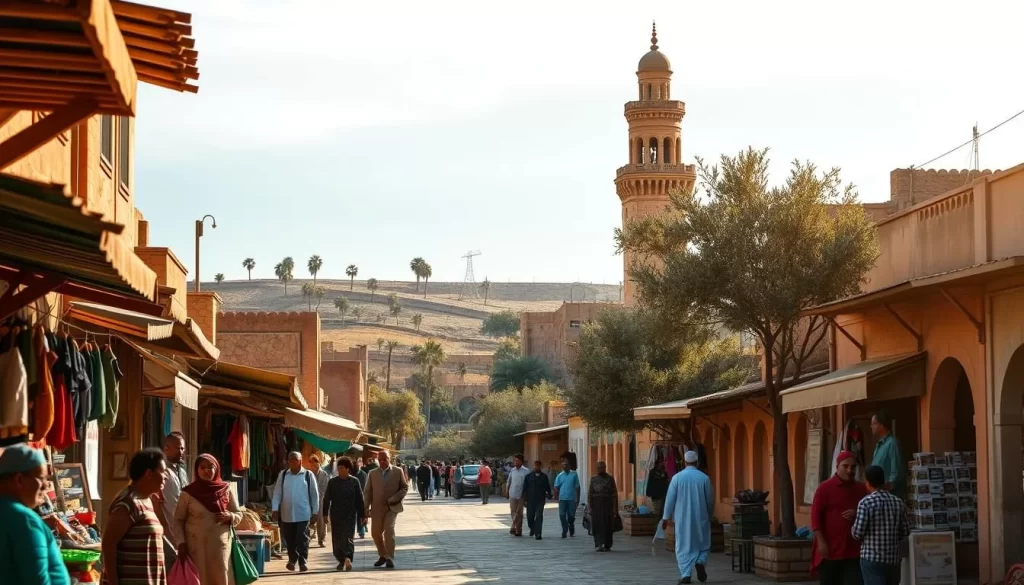
Historical Context and Language Evolution
The country’s linguistic history is deeply tied to its political past. Post-independence policies emphasized Arabization, impacting minority languages. Berber dialects, once thriving, now face challenges due to these shifts.
Formal education played a key role in consolidating Modern Standard Arabic. Schools became a bridge between tradition and modernity, teaching the official language while respecting local dialects.
Modern Shifts in Language Usage
Today, the population adapts to global influences while preserving their heritage. Families and groups balance traditional speech with modern needs. This blend of old and new reflects the region’s dynamic culture.
Government policies continue to shape language use. From legal systems to media, the impact is felt across the country. Understanding these changes offers insight into the region’s evolving identity.
Libya: Official and widely spoken languages
The linguistic fabric of this region is deeply rooted in its history and culture. Modern Standard Arabic serves as the official language, used in government and formal settings. However, the everyday language for most people is Libyan Arabic, a local vernacular that reflects the region’s unique identity.
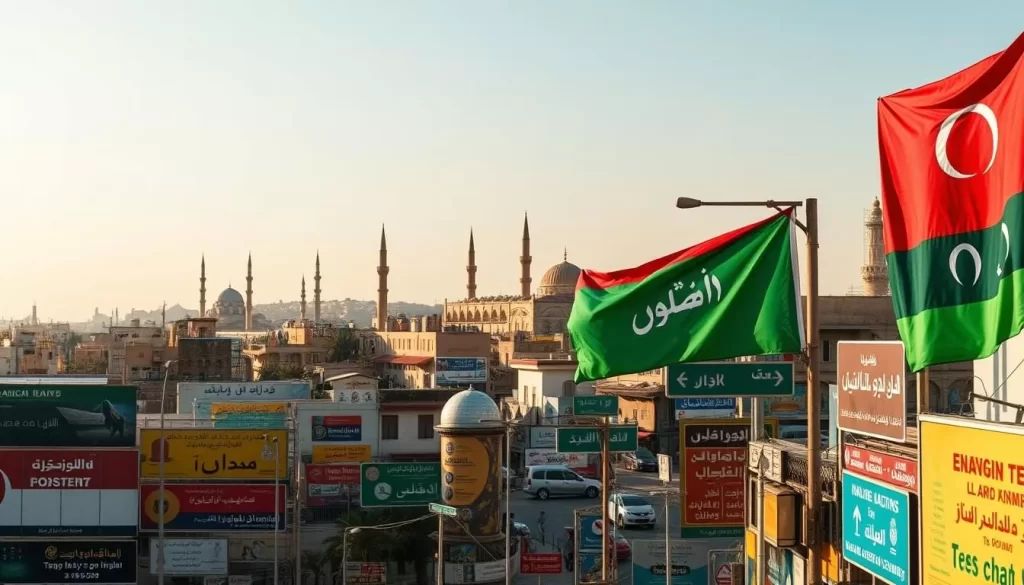
Language plays a central role in shaping the identity of communities. From education to legal processes, the official language has a significant impact on daily life. Schools, for instance, teach Standard Arabic while respecting local dialects.
The government’s role in shaping language policies cannot be overlooked. Post-independence efforts emphasized Arabization, impacting minority languages. Yet, today, there is a growing appreciation for indigenous practices.
“Language is the roadmap of a culture. It tells you where its people come from and where they are going.”
This blend of tradition and modernity is evident in how families and groups communicate. The population adapts to global influences while preserving their heritage. This dynamic balance reflects the region’s evolving culture.
| Language Type | Usage | Context |
|---|---|---|
| Modern Standard Arabic | Official | Government, Education |
| Libyan Arabic | Everyday | Communities, Families |
| Berber Dialects | Minority | Cultural Practices |
Understanding this linguistic diversity offers a glimpse into the region’s history and independence. Language is not just a tool for communication but a marker of identity and heritage.
The Role of Minority Languages in Libya
The cultural mosaic of this region is enriched by its minority languages. These languages are not just tools for communication but markers of identity and heritage. They reflect the deep roots of diverse communities and their contributions to the area’s history.
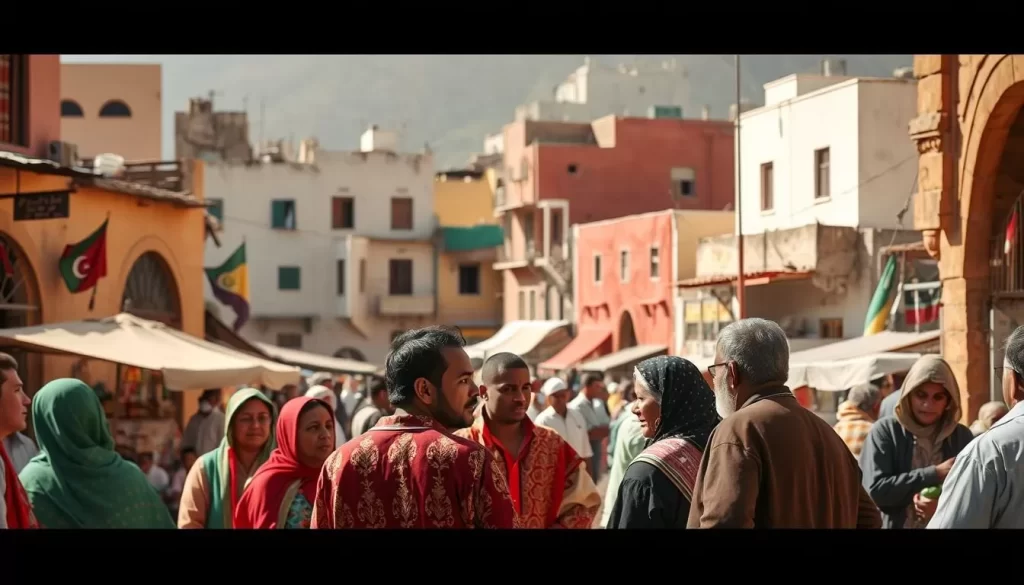
Berber Languages and Their Cultural Significance
Berber dialects, including Tamahaq, Nafusi, and Ghadamès, are spoken by indigenous groups. These languages have faced challenges due to historical policies that favored Arabization. However, recent efforts have revived their use in schools and cultural practices.
Geographically, Berber dialects are spread across specific cities and communities. They serve as a vital part of the region’s identity, connecting families and groups to their ancestral roots.
Other Native Languages: Domari and Tedaga
Domari and Tedaga are spoken by smaller communities, each with its unique cultural practices. Domari, linked to the Dom people, and Tedaga, spoken by the Tebu, are examples of how minority languages enrich the region’s heritage.
Despite historical suppression, these languages are now celebrated for their role in preserving traditions. They are a testament to the resilience of the communities that speak them.
“Language is the key to understanding a community’s soul.”
| Language | Community | Cultural Role |
|---|---|---|
| Berber Dialects | Imazighen | Preserves ancestral traditions |
| Domari | Dom People | Connects to historical roots |
| Tedaga | Tebu | Reflects unique cultural practices |
Understanding the role of these languages offers insight into the region’s cultural depth. For more on the challenges and revival of minority languages, visit this resource. Additionally, explore how these communities navigate modern challenges here.
Influence of Foreign Languages in Libyan Society
Foreign languages have shaped the cultural and economic landscape of this region in profound ways. From business to education, these languages bridge the gap between local traditions and global interactions. Their roles have evolved over time, reflecting historical ties and modern needs.
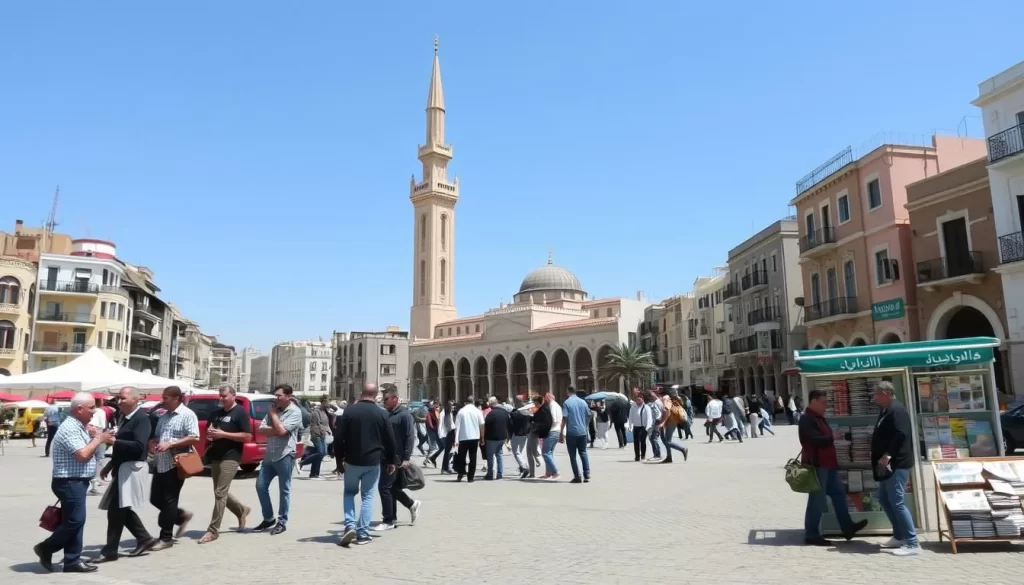
Business and Educational Impact of English and Italian
English has become a key language for international trade and scientific education. Schools now prioritize it to prepare students for global opportunities. However, challenges like a lack of qualified teachers persist.
Italian, once the official language during colonial rule, still holds cultural significance. It is taught in some schools, reflecting its historical ties to the country. This revival highlights the enduring influence of past connections.
The Growing Role of French in Post-Revolution Libya
French has gained prominence in recent years, especially after the revolution. It is seen as a tool for diplomacy and international collaboration. This shift aligns with broader trends in the Middle East and North Africa.
The government and educational institutions are increasingly incorporating French into their programs. This reflects the region’s openness to global influences while preserving its unique identity.
“Languages are the keys to unlocking cultural understanding and global opportunities.”
| Language | Role | Context |
|---|---|---|
| English | Business, Education | International Trade, Science |
| Italian | Cultural, Educational | Historical Ties, Schools |
| French | Diplomacy, Education | Post-Revolution, Global Collaboration |
Understanding the roles of these languages offers insight into the region’s evolving identity. For more on the cultural blend of influences, visit this resource. Additionally, explore the challenges and reforms in English teaching here.
Conclusion
Language plays a vital role in shaping the identity of this country. From government policies to everyday communication, it reflects the rich cultural heritage of the population. Modern Standard Arabic remains central, while local dialects and minority languages add depth to the linguistic landscape.
Historical developments have influenced how language is used today. Education and legal systems continue to prioritize Arabic, yet minority languages like Berber, Domari, and Tedaga persist, showcasing resilience. This diversity highlights the region’s unique identity.
Foreign languages also play a growing role in business and diplomacy. English, Italian, and French bridge local traditions with global opportunities. This blend of influences positions the country as a dynamic player in the world.
Understanding this linguistic richness offers insight into the region’s past and future. For more on its cultural and historical context, visit this resource.
The above is subject to change.
Check back often to TRAVEL.COM for the latest travel tips and deals.
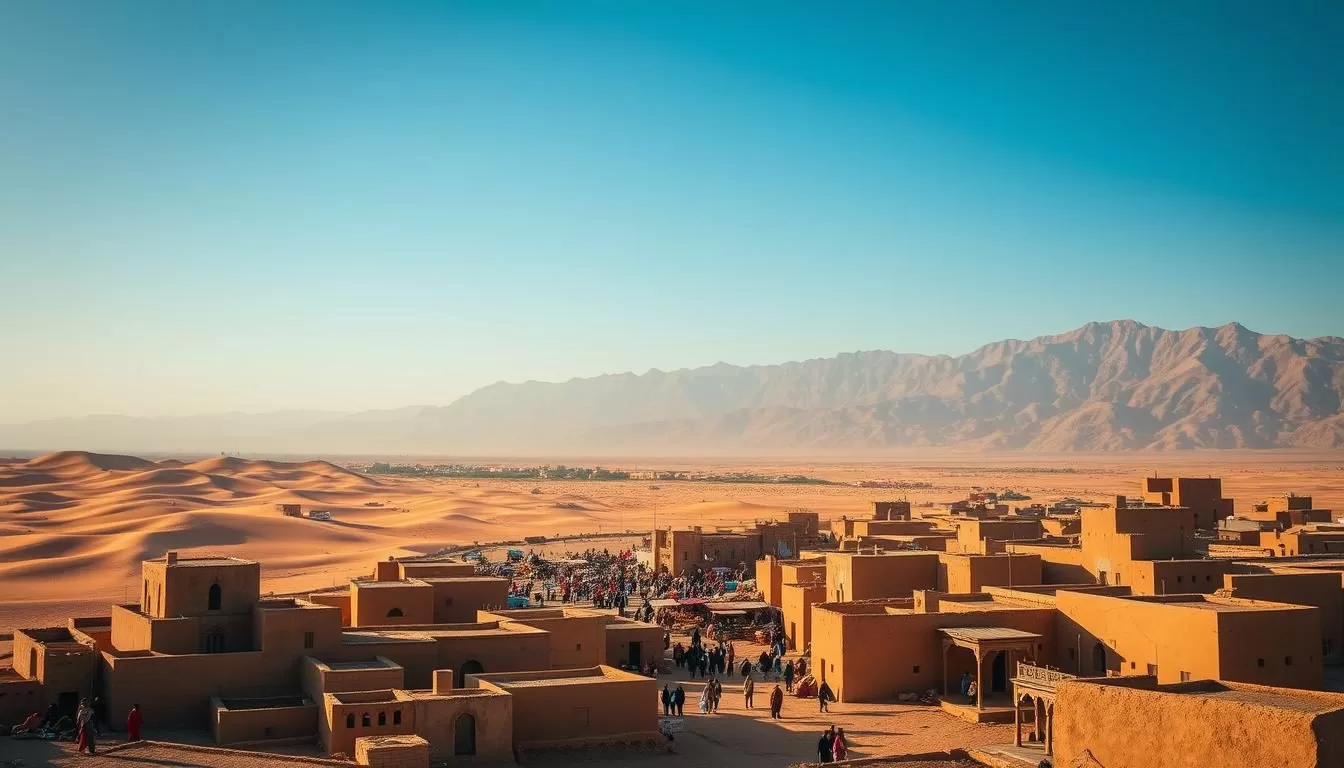
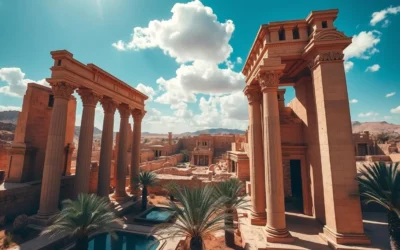
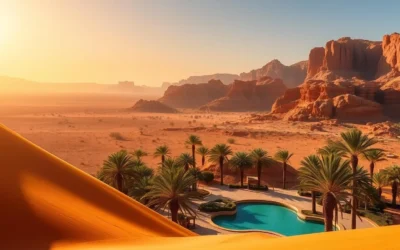
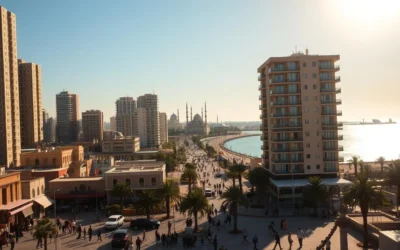
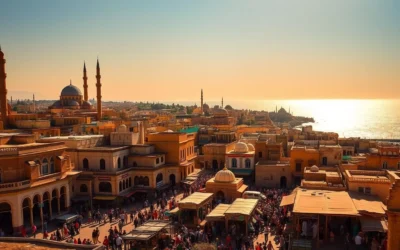
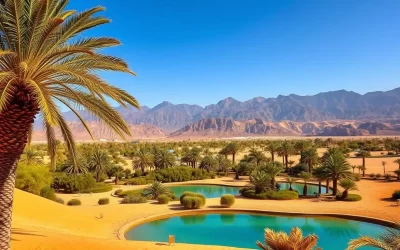
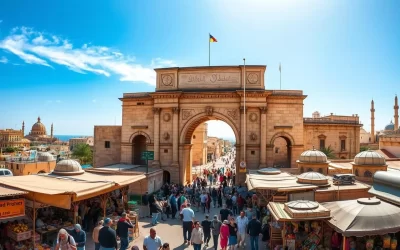
0 Comments